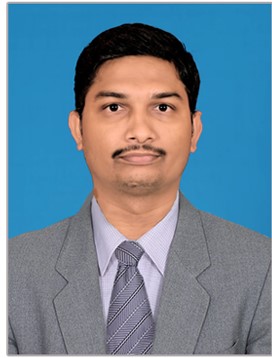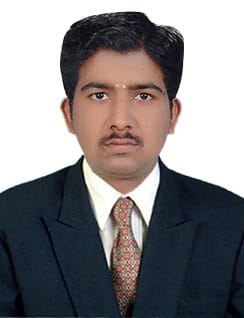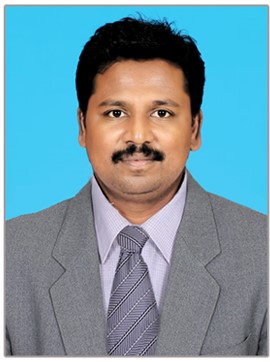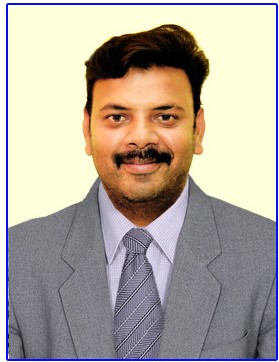- About Department
- Faculties
- Laboratary
- Activities
- Syllabus
About Department
The focus of this department is to provide services for electrical and electronics engineering. It is also responsible for the curriculum development, teaching, and research in the field of electrical and electronics engineering. It also provides necessary infrastructure needed by its students to learn, practice and apply the knowledge in real-world applications. The scope of this department includes but not limited to:
Our focus will be on:
- Providing adequate facilities for students to learn, practice and apply the knowledge in realworld applications
- Providing adequate infrastructure needed by its students to learn, practice and apply the knowledge in real-world applications
- Developing curricula in accordance with current standards
- Teaching skills and knowledge needed by Engineers/Technicians (Electrical/Electronic)
Faculties
Laboratory
- WIRING & WINDING LAB
- ELECTRONIC DEVICES & CIRCUITS LAB
- ELECTRICAL MACHINES LAB
- COMPUTER LAB
- ELECTRICAL WORKSHOP LAB
An electrical and electronics engineering (EEE) laboratory is a specialized laboratory that is used for conducting experiments and research related to electrical and electronic systems and devices. EEE laboratories are commonly found in educational institutions, research institutions, and industrial settings, and are used by electrical and electronics engineers, technicians, and students to study and develop electrical and electronic systems and devices. EEE laboratories typically have a range of specialized equipment and facilities for conducting experiments and analyzing results, including oscilloscopes, function generators, power supplies, and various types of electrical and electronic components and devices. They may also have computer simulations and other software tools for analyzing and designing electrical and electronic systems. EEE laboratories may be used for a wide range of purposes, including testing and debugging electronic circuits and devices, studying the behavior of electrical and electronic systems, and developing new technologies and products. They may also be used for educational purposes, providing students with hands-on experience in working with electrical and electronic systems and devices.
Activities
There are many activities that students in an Electrical and Electronics Engineering (EEE) program may be involved in, depending on the specific focus of the program and the interests of the individual student. Some possible activities that students may be involved in include:
- Coursework: Students will typically be required to complete a variety of coursework in subjects such as math, science, and electrical engineering. This may include lectures, readings, and assignments.
- Lab work: Students may have the opportunity to work in a laboratory setting, where they can gain hands-on experience with electrical and electronic equipment and techniques.
- Design projects: Students may be required to complete design projects in which they apply their knowledge and skills to develop a solution to a real-world problem.
- Research: Some students may have the opportunity to work on research projects, either as part of their coursework or as part of an independent study or internship.
- Professional development: Students may be encouraged to participate in professional development activities such as workshops, conferences, and networking events to help them build their skills and knowledge and prepare for a career in electrical and electronics engineering.
- Student organizations: Many schools have student organizations specifically for electrical and electronics engineering students, which may offer additional opportunities for hands-on learning, professional development, and socializing with peers.







